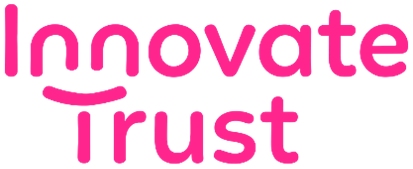Project Overview
This project develops tangible interfaces to assist young people with neurodiversity to manage online harms.
Young people with special educational needs, including autism, dyslexia, and ADHD, face heightened vulnerability online. Challenges with information comprehension, memory retention, and risk monitoring make it difficult for them to navigate the digital world safely. This project develops a tangible user interface with visual indicators to help young people with neurodiversity better understand how the Internet works, how their data is used by online services, and how to recognise common online harms.
Working closely with stakeholders and family members, the research team co-designs, develops, and evaluates tools that bridge the gap between abstract digital concepts and concrete, accessible representations. The approach empowers neurodiverse youth and their families to explore online safety, privacy, and data usage together.
Team






